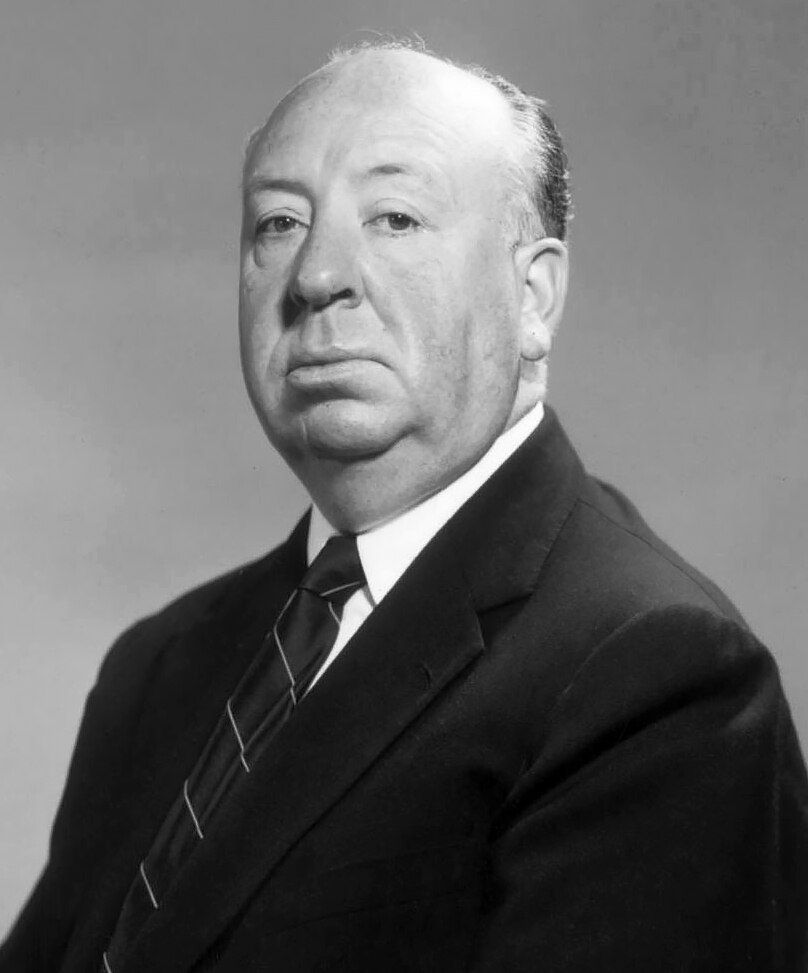'Fire On the Mountain' review
- Sea Lion Press
- Jan 26, 2022
- 3 min read
By Alexander Wallace
Alternate history has a well-deserved reputation of being dour. Our community has become quite used, perhaps too used, to talking about slavery or genocide or ethnic cleansing or any number of other horrors with blasé regularity. The question is asked, then, by many: can the genre be uplifting instead? Terry Bisson’s 1988 novel Fire on the Mountain attempts to do that.
(I will note that this novel was covered briefly by my colleague Brian Click in an article on utopian alternate history)
Like many alternate history works, more online than in print, Fire on the Mountain is a narrative formed through bricolage, which is defined by Merriam-Webster as “construction (as of a sculpture or a structure of ideas) achieved by using whatever comes to hand.” There are three different strands: a black woman in Virginia in this timeline’s version of the 1950s, the testimony of her ancestor who was a rebellious slave before throwing off his yoke, and the letters of a liberal white doctor sympathetic to the rebellious slave. Bisson uses bricolage in a manner that is perhaps the most skillful I’ve seen in the genre; together, these three points of view both humanize and dramatize the epic struggle that Bisson portrays.
That struggle is the cause of abolition, that heroic struggle that defined the first century of the history of the United States. It is a point of divergence that is the stuff of legend: John Brown’s failed raid on Harpers Ferry, Virginia, which was crushed by a force led by, of all people, Robert E. Lee. Its failure only exacerbated the tensions that would lead the country to tear itself apart only two years later. In Bisson’s novel, the raid is more successful, and the whole South is ablaze with slave rebellions.
Bisson’s firm conviction and utopian aspirations ensure that Fire on the Mountain avoids one of the common pitfalls of war-based alternate history: a sense of pointlessness in the action scenes, a feeling that everything is simply a dramatization of a wargame. Bisson’s narrative has a thundering morality under it; he believes what he’s saying, and it gives the whole enterprise an emotional depth that many novels in the genre simply lack. In this regard, he is similar to Arturo Serrano in his novel To Climates Unknown, in that you can tell he has the courage to speak his conviction.
It’s this moral conviction that makes the action of Fire on the Mountain exhilarating. Bisson knows how to use imagery to evoke a sense of excitement as the army of freedmen marches through the South. They are fighting for a righteous cause, and that righteousness feels entirely earned.
The question, then, is whether Fire on the Mountain succeeds in utopia, in building a better world. As the segments in the 1950s show, this is true; they are now landing on Mars. There is, however, an unintentional melancholy here, as my colleague Philip Knight has discussed, in that utopian alternate history can often feel very sad, as it shows we as a species have missed some bold opportunity (as opposed to utopian science fiction, which posits this better future as attainable). This book gave me feelings similar to when I read about Martin Luther King Jr.'s Poor People’s Campaign: “we’d be so much better off if this succeeded.
Fire on the Mountain is one of the boldest works of alternate history I have ever read. It dares to dream of what we as a species can achieve, and not ruminate about exciting new ways we can kill each other. Writers in the genre could learn many things from Bisson’s example.
Alex Wallace edited the Sea Lion Press anthology "Alloamericana".





Comments